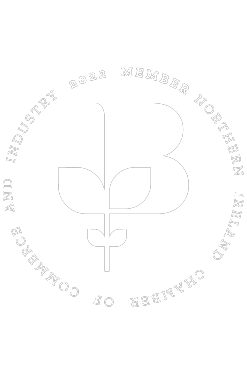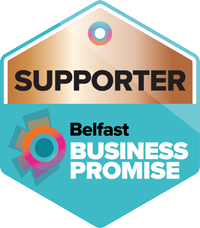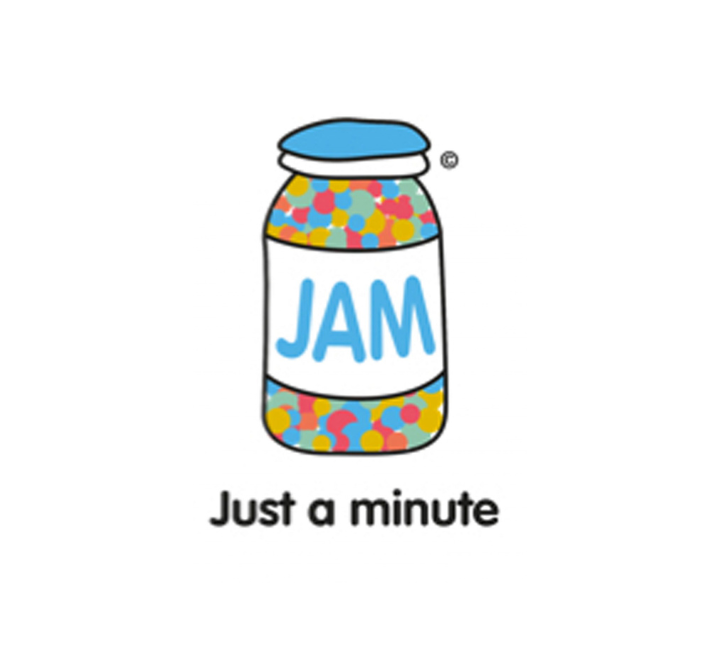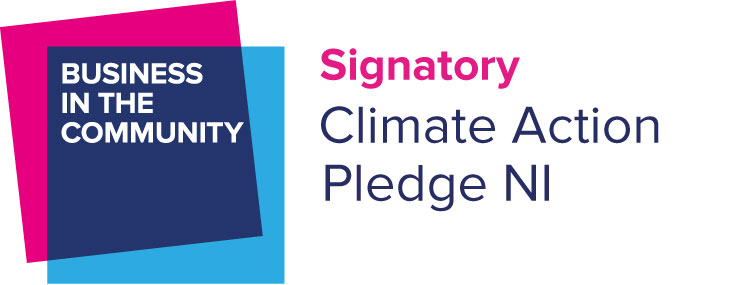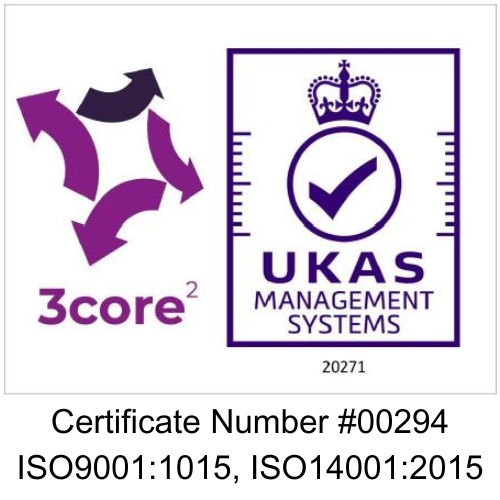5 Common Interview Mistakes and How to Avoid Them
As recruiters, we are always helping candidates prepare for interviews as best they can through interview workshops, CV analysis. Interviewing can be a daunting and nerve-wracking experience for many – especially now that so many are done remotely! If you are trying to best prepare for an upcoming interview, this blog will hopefully help as it outlines the 5 most common mistakes people make in interviews & how you can avoid them
- Not researching the company
When preparing for an interview, most people analyse the job description and their own CV but forget to look at the wider organisation. Often, hiring managers will ask candidates “Tell me what you know about this organisation” OR “Why are you interested in working for us” and without researching the organisation, this can be hard to answer
How to avoid this:
- Do a Google search on the organisation and look at the news section to see if they have been involved in any good news stories.
- Follow the company on LinkedIn to see what they are regularly posting about; this will help you get a feel for what is happening in the business and keep you up to date with any organisation announcements.
- Sign up to newsletters such as the NI Chamber of Commerce’s weekly newsletter which pulls the latest business news in NI – this is a great way to keep an eye on what is going on in the local market!
- Not knowing your audience
It is important when going for interview that you find out who will be on the panel. The reason for this is so that you know your audience and can prepare accordingly e.g., are you meeting someone from the recruitment team of the managing director of the organisation. It might be good to do some research on the panel to help your preparation and see what skills they might be looking for. It is also nice to know the interview panels name’s when attending interview.
How to avoid this:
- If interviewing through Honeycomb, our consultants will always make you aware of who will be on your interview panel and their position within the organisation.
- If you are interviewing directly, don’t be afraid to ask the question and do some research prior to the interview.
- Logistical issues
Working in recruitment, it is quite common that people get lost or turn up late when travelling to an on-site interview. This can create a negative impression due to the time set aside to hold the interview.
How to avoid this
- Ask for the address in advance, look at it on maps and plan where you will park, how long it will take to get there and leave yourself plenty of time.
Another logistical issue that COVID has presented is the rise in online interviews. Very often, candidates can forget to check their internet connectivity, don’t have a quiet space to conduct the interview or don’t have Teams or Zoom downloaded on their devices
How to avoid this
- Make sure you have your phone/tablet/laptop set up securely in a quiet place with a plain background to avoid distractions for you and for the interview panel. You may need to warn family and friends to stay away during the duration of the interview! It is also good to make sure you have the software downloaded on your device before the interview so as not to eat into interview time.
- Failing to use the STAR technique
After interviews, candidates can often describe how they feel their experience didn’t come across as well as they would like or that they repeated themselves in their answers – this is a common thing to happen as the nerves of an interview get the hold of us.
How to avoid this
There is no easy way to avoid this other than through preparation. We encourage all our candidates to use the STAR technique when answering questions which allows them to structure their answers around the
- Situation
- Task
- Action
- Result
The best way to prepare using the STAR technique is to look at the job description for the role you are interviewing for, write down all the key competencies mentioned, and prepare 2-3 STAR examples for each competency. That way you will have a few examples to pull upon.
- Not asking a question at the end
At the end of most interviews, the panel will often give you the opportunity to ask a question. Whilst not asking a question isn’t a dealbreaker – it is always a nice way to finish off an interview and can convey a real interest and enthusiasm for the role.
How to avoid this
- By researching the company, panel, and job you may have a few questions that pop into your head. It is good to write these down before the interview and if anything hasn’t been covered you can ask this at the end. This could be a question around their growth, what they love most about the company, how they started in the business etc.
- If you don’t have a question, this might be a good chance to really thank the interview panel for their time and express your interest in the opportunity.
If you have any further questions on interviews please don’t hesitate to reach out to our team, we’d be more than happy to help.
Email hive@honeycomb.jobs or call 028 96 20 70 50
View our current job roles.

